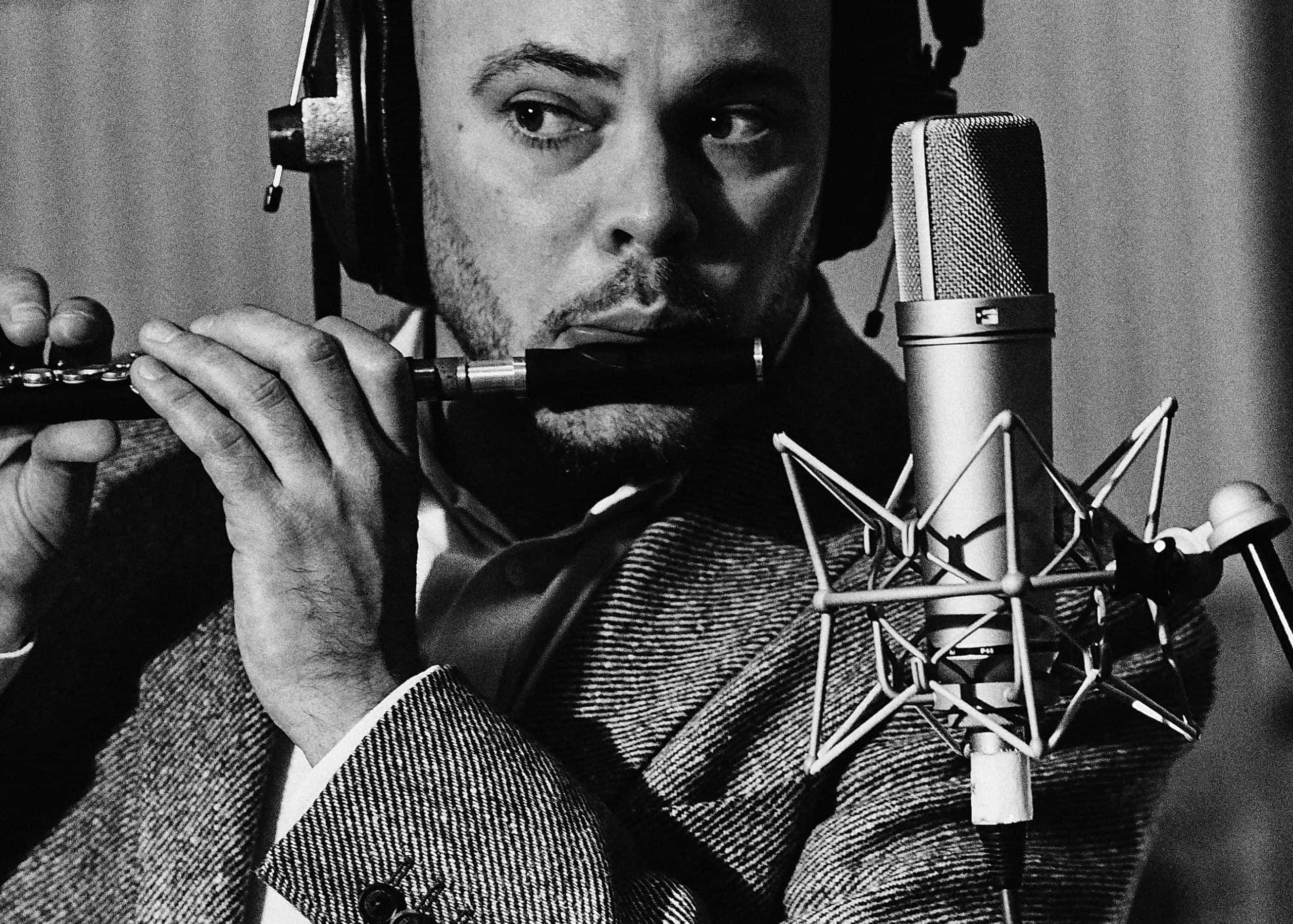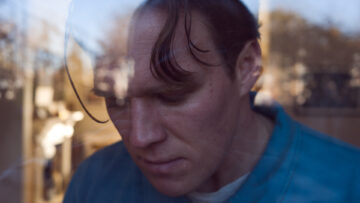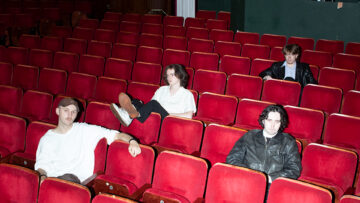
Tenderlonious is Ed Cawthorne, boss of 22a Records, bandleader of Ruby Rushton, a flautist, saxophonist, and House DJ. He is most famously responsible for 2018’s The Shakedown, a one-session Abbey Road recording released in the heat of the UK Jazz explosion, a snapshot of the talent available at a moment’s notice in the capital.

Two years earlier, Two For Joy was released under Ruby Rushton, which was a more meticulously rehearsed and mapped affair. It was miles ahead of its time, created in 2011 and considered too weird and leftfield for release, until it was heard by the right people and then Ed published it himself, as the platform for UK Jazz was beginning to take shape.
He has consistently been releasing quality records over the last 5 years and, as a result, is considered a stalwart of the scene; self-taught, honest-working, independent and adventurous. I was to call the multi-instrumentalist as I arrived at the station.
…a stalwart of the scene; self-taught, honest-working, independent and adventurous.
“Yeah man, I’ll be waiting for you ‘round the corner of Parsons Green in a white Audi – you’ll see me.”
He picked me up, I stepped in onto his 22a embossed floormats, and he drove to a small empty car park in a field. There we remained for the rest of the interview, away from any distractions or background noise, save for the gentle hum of Classic FM and the occasional thud of a kid practicing football drills on the Astros in front of us.
ArrayI describe him as a leading light of London’s cool-again Jazz scene, for which I’m immediately rebutted:
“I try my hardest not to look at what everyone else is doing,” he says, “I’m really conscious of getting bitter about stuff, because I’m competitive. I don’t want to feel like I’m competing with whoever else is in the scene because otherwise it’s gonna change how I approach the music and its gonna change the integrity of it.”
I don’t want to feel like I’m competing with others in the scene.
His drive to distance himself from this movement stems from a fear of getting boxed in, keen not to be inexorably tied with a passing fad. “The danger of being branded with something’” he says, “is that these things come and go – these fads – and when the Jazz scene stops being a wave, what comes out in the wash is that only one or two will make it. I just don’t wanna be tarnished by any kind of brush.”
Crucially, he wants to do things differently from others – not going to the US and South America like the rest of the UK Jazz acts, but journeying East instead, following that rite of passage set by the Beatles and Coltrane, ultimately ending up in Pakistan for 10 days last April. A love of adventure fuels this decision, “there’s always been this interest with India,” he tells me, “but no one f***ing goes to Pakistan.”

Was he scared? Did the Foreign Office ward him off? Fat chance. “I mean, my father’s ex special forces, my grandfather, my great-grandfather, all of them were in the army, so I always grew up with adventure – I enjoy going places where there’s a potential threat of danger.”
There will be two releases this year from that session; one an East-West fusion, the other a totally traditional raga, both of which he eventually wants to gig across Pakistan.
This search for musical adventure is made more remarkable considering Ed only started playing saxophone at 23, learning in every break possible in the sound studios where he worked, educating himself because no-one else was going to do it.
Through sheer self-determination, he utilised the money he made washing dishes and working with kids with learning difficulties to create one of London’s best labels.

“I’m not very good with authority,” Ed explains, “I would rather just learn my own way, find out myself how things work. I was making this money honest, helping these kids, and I wanted to put the money back into something that’s honest – and I can’t see anything better than to put it into music.”
He is a consummate professional, preserving the integrity of his music without losing any of the cool. When it comes to conducting his bands with no written experience, Tenderlonious imagines situations and environments that he then relays to his band, creating beat-driven jazz that sets a groove and holds it. Someday, Ed wants to translate this to the silver screen, making mood music for directors and scoring movies.
I wanted to put the money back into something honest – I can’t see anything better than to put it into music.
He buckles the seatbelt as he details this desire to find a director who will commission him and starts the engine back up. We return through the well-heeled environs of Fulham as he says how funny he finds it that an area that was once synonymous with criminal gangs is now full of brasseries.
Parking where I was picked up, we say our goodbyes, and I began the journey back from West London. Change is normal for Tenderlonious, his huge talent and drive to do things differently will no doubt make the transition into scoring movies inevitable.




